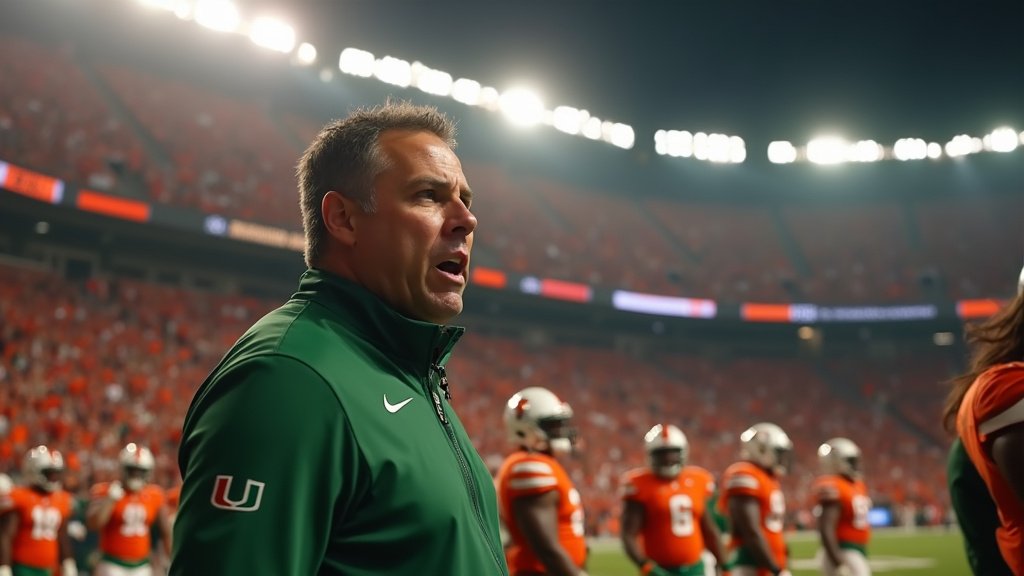Tallahassee, Florida – Florida Governor Ron DeSantis signed a sweeping legislative measure into law on Friday, June 23, 2025, enacting a prohibition on geoengineering and certain “weather modification activities” across the state. The move, which elevates violations to a third-degree felony, marks a significant regulatory stance by Florida on emerging and potentially controversial climate intervention technologies and practices.
The signing was among several key legislative actions taken on that date, as highlighted by a report from WUFT’s “The Point,” which detailed various developments impacting Floridians, from environmental regulations to economic measures and administrative procedures.
Understanding the Geoengineering Ban
The central component of the newly signed law is its explicit ban on geoengineering. While the term geoengineering encompasses a broad range of proposed interventions designed to manipulate Earth’s climate system on a large scale – such as solar radiation management (SRM) or carbon cycle modification techniques – the Florida statute specifically targets this field and certain related “weather modification activities.” The precise scope of what constitutes a prohibited “weather modification activity” under the law will be subject to interpretation and future regulatory guidance, but the intent appears to be to prevent intentional, large-scale atmospheric or environmental manipulation within state borders.
Supporters of the ban argue it is a necessary step to protect the state’s natural environment, air quality, and weather patterns from potentially unintended consequences of such interventions. Concerns have been raised globally about the ethical, ecological, and geopolitical implications of deliberately altering natural systems on a grand scale without comprehensive understanding of the potential feedback loops and risks.
The severity of the penalty – a third-degree felony – underscores the state legislature and Governor DeSantis’s intent to treat violations of this prohibition with significant legal consequences. A third-degree felony in Florida is punishable by up to five years in prison, a fine of up to $5,000, or both. This classification places unauthorized geoengineering or weather modification activities on par with other serious crimes under state law, signaling a firm deterrent against such practices within Florida’s jurisdiction.
The enactment of this law positions Florida as one of the first jurisdictions, if not the first, to explicitly prohibit geoengineering at the state level, potentially setting a precedent or sparking further debate on the governance of these technologies in the absence of comprehensive federal or international regulations.
Economic Measures: Sales Tax on Hurricane Supplies
In addition to the environmental regulatory shift, Friday, June 23, 2025, also saw legislative movement on economic measures aimed at assisting residents with disaster preparedness. The WUFT report from “The Point” highlighted the potential permanent elimination of sales tax on certain essential hurricane supplies.
This proposed tax exemption is designed to make critical preparedness items more affordable for Floridians living in a state highly susceptible to tropical storms and hurricanes. While specific legislative details were not fully available in the report, the mention of its potential permanent nature suggests a move beyond temporary tax holidays often implemented before hurricane season.
The items cited as potentially benefiting from this sales tax elimination include batteries, gas cans of five gallons or fewer, portable generators, and waterproof tarps. These are standard items recommended by emergency management officials for inclusion in disaster kits, providing power, fuel, and shelter protection during and after a storm.
The estimated fiscal impact of permanently eliminating sales tax on these items, particularly batteries, is significant. The report specifically noted an estimated $60 million in tax loss attributed primarily to the exemption on batteries alone. This figure underscores the substantial volume of these supplies purchased by Floridians and the state’s investment in encouraging preparedness through tax policy. The potential loss in tax revenue would be offset by the anticipated benefits of better-prepared communities, potentially reducing the need for post-storm state aid and accelerating recovery efforts.
Administrative Impacts: Learner’s Permits
Another legislative item signed into law on June 23, 2025, pertains to the state’s system for issuing learner’s permits. While the specifics of the new law regarding learner’s permits were not detailed in the WUFT report, its impact on administrative operations was noted.
The report highlighted that this new state law concerning learner’s permits has caused a Florida tax collector to express alarm. Tax collectors’ offices in Florida often handle various services on behalf of the state, including motor vehicle registrations and driver’s license services, which typically include the processing of learner’s permits.
The alarm expressed by a tax collector suggests that the new law likely introduces changes to the process, requirements, or administrative burden associated with issuing learner’s permits that are viewed as problematic or challenging from an operational standpoint. Potential reasons for alarm could range from increased workload, complex new procedures, impacts on service delivery times, or unforeseen administrative costs, though the report did not specify the exact nature of the concerns.
This detail, though seemingly administrative, provides insight into the practical implementation challenges that can arise from new state legislation and the perspectives of local officials tasked with executing these laws.
A Day of Diverse Legislation
Friday, June 23, 2025, proved to be a day marked by diverse legislative actions signed into law by Governor DeSantis. From establishing stringent prohibitions on potentially controversial climate interventions like geoengineering and certain weather modification activities, backing the measure with felony penalties, to implementing economic incentives for hurricane preparedness and introducing changes to the driver’s licensing process that draw concern from local administrators, the package of laws addresses a range of issues affecting the state’s environment, economy, and governmental operations.
The geoengineering ban, in particular, signals Florida’s proactive approach in regulating developing technologies with potentially far-reaching environmental consequences, setting a firm legal boundary within its jurisdiction. Meanwhile, the focus on hurricane supplies reinforces the state’s persistent need to prepare for natural disasters, and the learner’s permit issue underscores the intricate details of state governance and administration. As these laws take effect, their full impact on the environment, resident behavior, and government operations will unfold.





